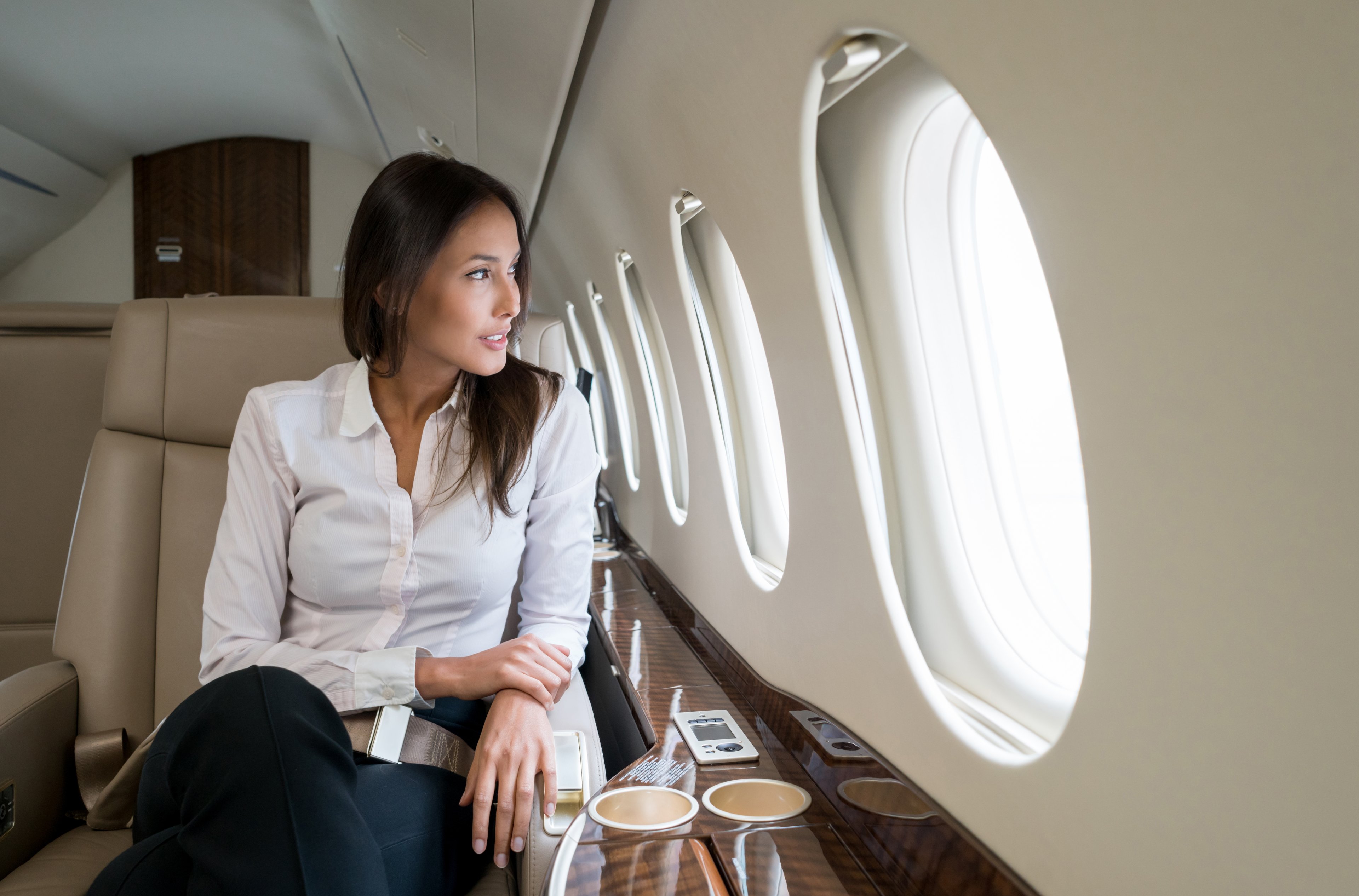What happened
The airlines got their initial bailout funds, but the stocks remained under pressure on Thursday after United Airlines Holdings (UAL +3.25%) offered a bleak assessment of how long it will take for traffic to recover and made it clear that management does not expect the stimulus funding to be enough to ward off layoffs.
United shares led the decliners on Thursday, down 9% as of 11:30 a.m., but the stock was hardly moving alone. Shares of Delta Air Lines (DAL +2.02%), American Airlines Group (AAL +2.34%), Southwest Airlines (LUV +3.12%), Alaska Air Group (ALK +4.77%), JetBlue Airways (JBLU +5.69%), Hawaiian Holdings (HA +0.00%), Allegiant Travel (ALGT +2.08%), and Spirit Airlines (SAVE +0.00%) were all off more than 5%.
So what
The airline industry has been hit harder than most by the COVID-19 pandemic, with demand for travel all but evaporating globally. The companies have responded by cutting flights and grounding planes, but few companies if any can survive indefinitely with no revenue coming through the door.
Congress responded by allocating $50 billion to the airlines as part of the $2 trillion economic stimulus plan, and the airlines earlier in the week got access to the initial $25 billion in grants and low-interest loans designed to support payroll and prevent any layoffs through Sept. 30. Markets initially cheered the aid package, but in recent days the stocks have been weighed down by the severity of the situation.

Image source: Getty Images.
United management in a memo to employees late Wednesday outlined the severity of the crisis. Company CEO Oscar Munoz and president Scott Kirby said the airline flew fewer than 200,000 customers in the first two weeks of April, down 97% from the 6 million who flew in the first two weeks of April 2019. United expects to fly fewer people during the entire month of May 2020 than it did on a single day in May 2019.
The payroll support program will help, the execs said, but it does not fully cover United's personnel costs. And payroll represents only about 30% of United's total costs, with airport rents, supplies, and infrastructure expenses still coming due.
More worrisome, Munoz and Kirby said they do not see a quick rebound in travel. The execs told employees, "We have some tough decisions ahead as we plan for our airline, and our overall workforce, to be smaller than it is today, starting as early as October 1."
The grim talk is in contrast to the optimistic tone struck by American CEO Doug Parker on Wednesday during an interview with CNBC. Parker said bookings for travel later in the summer are beginning to "tick up a bit," connoting a gradual recovery in the third and fourth quarters of 2020.
It's too early to say which outlook will prove to be correct, but investors on Thursday aren't in any mood to hope for the best.
Now what
Airline shares are off between 42% and 68% for the year, meaning all but the worst-case scenario -- bankruptcy -- is arguably priced in already. I'm optimistic the industry can avoid a liquidity crisis, but expect a slow, multiyear recovery as the companies work through a probable recession.
Until there is more concrete evidence on how long the pandemic will last, and how the economy will react when it is finally contained, it is going to be hard for airline stocks to find a bottom. For those with a stomach for turbulence and a patient mindset I do think it is safe to look at airline stocks right now, but focus on high-quality names and keep positions small until we learn more about what the future holds.










